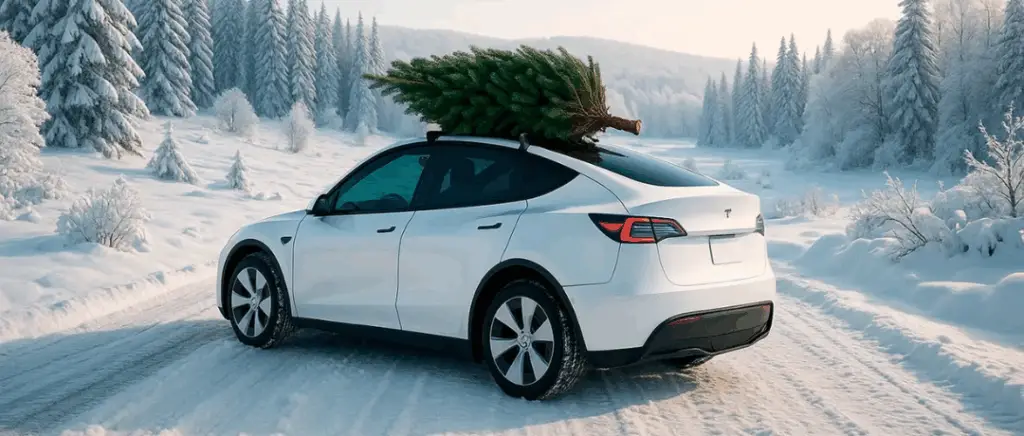Discover the electric cars available from Beev
Background: the European Commission's decision on Chinese electric cars on European soil
As mentioned in our previous article, a recent decision by the European Union has attracted a great deal of attention: the imposition of new taxes on electric cars in China. Following an investigation lasting around 9 months, this new measure aims to regulate the import of these vehiclesdirectly affecting up to 30 different models.
This tax represents a strategic pivot in European trade policyThe aim is to protect and stimulate the local automotive industry while responding to growing environmental concerns. This industry employs 14.6 million workers in the EU.
But this This decision poses a number of challenges and will have a significant impact on the eco-friendly automotive industry, especially as the price of an electric car remains the main barrier to its adoption.
Before delving into the nitty-gritty of the subject and exploring the list of models affected by this new tax, let's take a quick look at the ins and outs of this decision.
Unfair competition and dumping by Chinese manufacturers in Europe
As briefly explained above, this drastic measure follows accusations of unfair public subsidies granted to Chinese carmakers by their government.
For further information, the European Union's decision is based on the following criteria concerns about controlling the production of raw materials for batteries and their lower assembly costsThis leads to market distortions.
To illustrate this point, the findings of the European investigators indicate that the Chinese government has heavily subsidised its car industry, with estimates reaching around 215 billion eurosThis has resulted in significant economic damage for car manufacturers in the European Union.
Moreover, this escalation comes against a backdrop of growing trade tensions between the West and China, which has also been accused of anti-competitive practices in other sectors such as :
- the batteries,
- the wind turbines,
- and solar panels.
Read more : Solar panels for electric cars: everything you need to know
By specifically targeting electric vehicles, Europe aims to restore a level playing field for its local manufacturersWe are committed to massive investment in the energy transition, despite higher production costs.
The measures applied
Since Friday 5 July, the European Union has been applying additional customs duties, known as "countervailing duties", to electric vehicles manufactured in Chinese factories, in addition to existing taxes of 10 %.
Note that these taxes are provisionalThis is pending the introduction of definitive tariffs in November if no agreement is reached with China.
But that's not all: for these new tariffs to be validated, theunanimous approval by all 27 Member States is required. The proposal will be rejected if a qualified majority (at least 15 countries representing 65 % of the population of the European Union) opposes it.
According to a press release from the European Commission, the surcharges imposed are as follows:
Other manufacturers could suffer a average increase of 21 % if they cooperated with the Commission's investigation. Where applicable, builders will be subject to a rate of 37,6 %. As these are only provisional countervailing duties at time T, the funds will be deposited in a dedicated account and will not be collected until autumn if these taxes become definitive.
Worth noting Brussels is taking a softer line than the United States, which recently decided to increase customs duties on Chinese electric vehicles by 100 %, compared with 25 % previously.
According to the German Kiel Institute, the application of these additional duties could result in a 42 % decrease in imports of electric vehicles from China. However, this fall could be offset by an increase in sales by European manufacturers and imports from third countries. Finally, theexpected impact on electric car prices in Europe remains moderate, with estimated increase of between 0.3 % and 0.9 %.
Nevertheless, the EU, while seeking to slow down imports of Chinese electric vehicles without blocking them completelyIt claims to comply with World Trade Organisation (WTO) standards.
The reaction of Chinese and European manufacturers
As stated in the previous article, Beijing has formulated a number of threats of reprisals against the EU.
China has initiated mid-June an anti-dumping investigation on imports of European pork, following a similar investigation launched in January into eaux-de-vieincluding the cognac.
But that's not all: the Chinese press also mentions :
- the wines,
- the dairy products,
- and large-capacity vehicles.
At the same time, a number of European manufacturers are concerned about this measure, including Audi, Mercedes, BMW and VolkswagenChina accounts for 40% of their global sales.
On the other hand, we have the CEO of Renault being in favour of this measure because it believes that the competition between the 2 players is unbalanced.
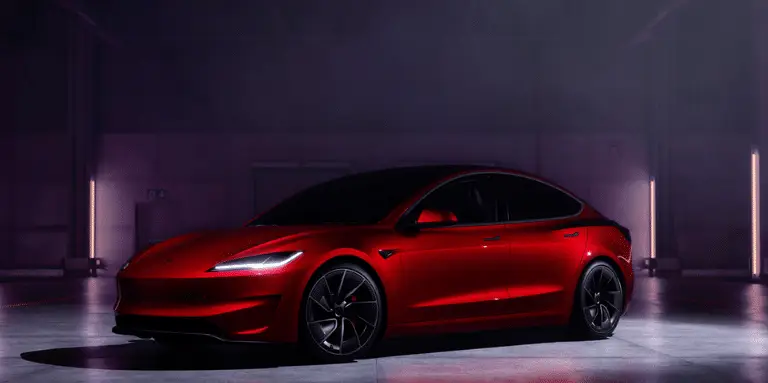
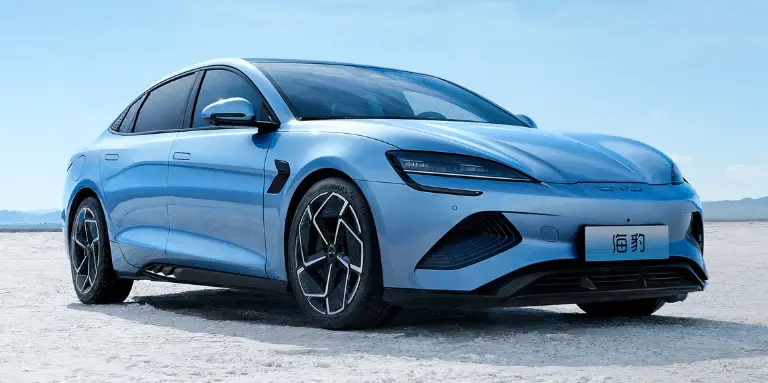
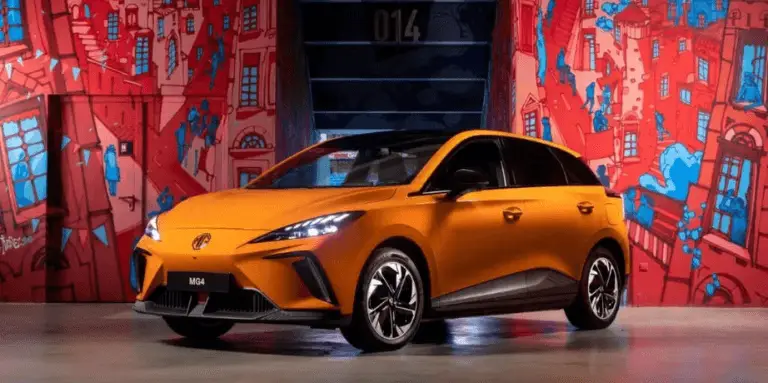
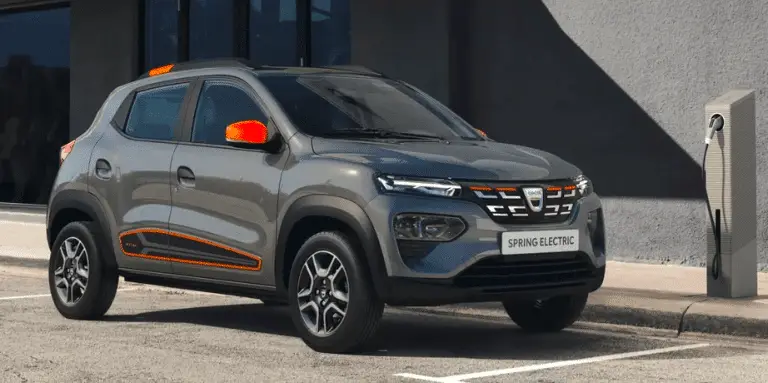
The 30 electric vehicles subject to this additional tax
At present, of the 110 electric cars available for purchase in France in 2024, around thirty are subject to increased customs duties by the European Union. However, the exact impact on dealership prices remains uncertain.
Electric vehicles assembled in China subject to customs duty
In fact, vehicles of international brands manufactured in China are also targeted, including :
- the BMW iX3,
- the Cupra Tavascan,
- the Dacia Spring,
- the Honda e :Ny1,
- the Lotus Eletre,
- the Lotus Emeya,
- the Mini Cooper SE,
- the Mini Aceman SE,
- the Smart #1,
- the Smart #3,
- the Tesla Model 3.
- and the Volvo EX30.
Chinese electric vehicles subject to customs duty
That said, here is the list of the rest of the Chinese electric cars that will be affected by these customs duties:
- Aiways U5
- Aiways U6
- BYD Atto 3
- BYD Dolphin
- BYD Han
- BYD Seal
- BYD Seal U
- BYD Tang
- MG 4
- MG 5
- MG Marvel R
- MG ZS
- Polestar 2
- Seres 3
- Seres 5
- Skyworth K
- Xpeng G6
- Xpeng G9
Conclusion
La decision of the European Union to tax Chinese electric cars marks a turning point in the global race for electromobility.
This protectionist measure raises many questions about the future of the European automotive market and its trade relations with China. Will it enable European manufacturers to regain ground in the face of Chinese competition? Is it the right way to support the ecological transition? What concrete impact will it have on European consumers?
To keep abreast of developments in this area and discover the impact it will have on the electric car market, check out our forthcoming articles on Beev !































